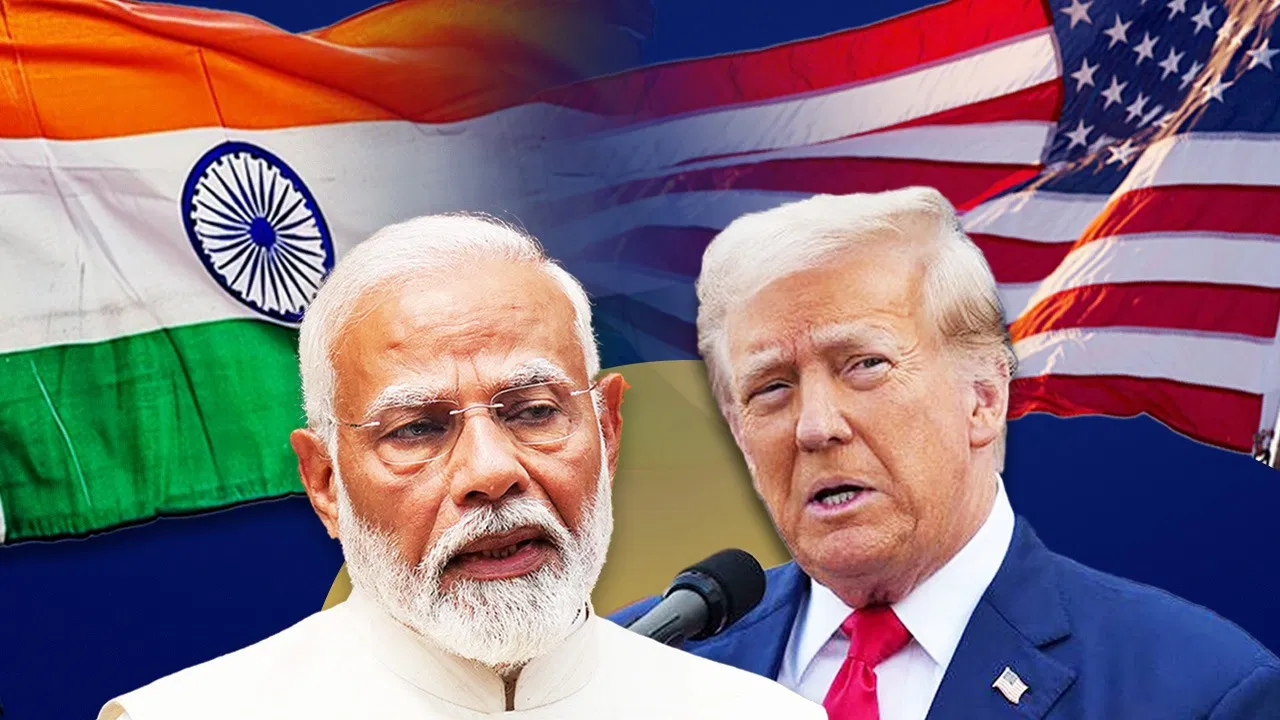Former U.S. Officials Warn Trump: Repair Ties with India or Risk Losing Edge to China
Washington, D.C.: Former senior U.S. officials have urged President Donald Trump to restore strained relations with India, warning that America could lose its technological and strategic advantage over China if ties continue to deteriorate.
The tensions stem from the Trump administration’s decision to impose tariffs of up to 50 percent on Indian goods, which has stalled trade talks and created friction between the two nations.
Importance of India-U.S. Partnership
In an article, former National Security Advisor Jake Sullivan and former Deputy Secretary of State Kurt M. Campbell emphasized that bipartisan support for U.S.-India relations has historically strengthened Washington’s position in the Indo-Pacific region and countered China’s influence. They cautioned that Trump’s confrontational style often precedes negotiations, but mishandling India could push New Delhi closer to rivals like China and Russia.
Decline in Relations
Sullivan and Campbell noted that tariffs, disputes over India’s purchase of Russian oil, and rising tensions involving Pakistan have led to a sharp decline in bilateral ties. They stressed that India has emerged as a critical U.S. partner over the past two decades, with cooperation spanning defense, nuclear energy, technology, and innovation.
Risk of India Aligning with Rivals
Highlighting Prime Minister Narendra Modi’s recent engagement with Chinese President Xi Jinping and Russian President Vladimir Putin, the officials warned that a lack of U.S. strategy could result in India aligning with adversaries, weakening cooperation in defense, education, and technology.
Call for a New Strategic Framework
The officials argued that Washington and New Delhi must go beyond restoring the old status quo and instead forge a new strategic partnership under a formal treaty. They proposed a framework built on five pillars:
- Security cooperation
- Economic prosperity
- Shared democratic values
- Joint technological advancement
- Long-term innovation strategy
This, they suggested, should include collaboration in artificial intelligence, semiconductors, biotechnology, quantum technologies, clean energy, telecommunications, and aerospace—areas vital to maintaining a technological edge over China.
Moving Beyond the India-Pakistan Lens
Sullivan and Campbell also urged the U.S. to end its traditional “India-Pakistan” policy, arguing that while Washington may have narrow interests with Islamabad on terrorism and nuclear issues, its relationship with India is far broader and more consequential.
Looking Ahead
The officials reminded that previous presidents—George W. Bush with the civil nuclear deal, and Joe Biden with expanded cooperation in advanced technologies—took decisive steps to strengthen ties with India. They stressed that now is the time for Washington and New Delhi to chart a joint 10-year vision to ensure both nations remain global leaders in security and innovation.
